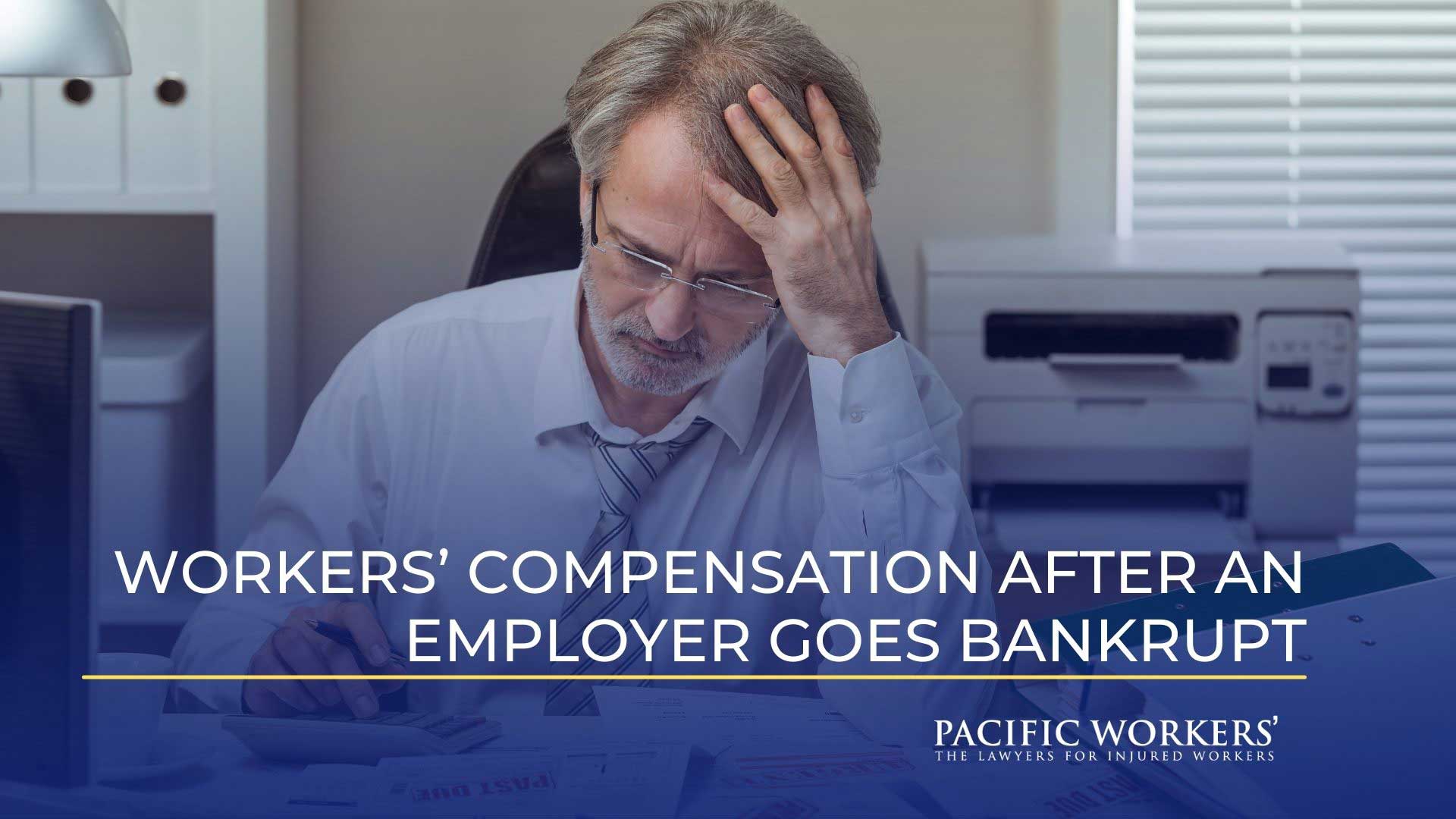
Workers' rights have come a long way to ensure that people are fairly treated and compensated for all the work they do. However, despite that, there is still plenty of room for improvement. Now, part of the solution is to be more aware and better informed about the realities of certain situations. For example, what happens to worker's compensation when an employer goes bankrupt?
Do they get nothing? How much are they still entitled to? Today, we're going to look at what happens in this situation to help you better understand and prepare for these things.
Here's what you need to know:
Coverage After Employer's Bankruptcy
Workers’ compensation benefits will be paid through the Wage Earner Protection Program (WEPP) when an employer goes bankrupt. This program is intended to provide some compensation for workers who are hurt on the job, and that employer cannot pay for it.
In the case of an employer filing bankruptcy, workers can be assured that the WEPP will cover the full extent of their medical expenses and lost wages.
The difference from regular workers’ compensation is that the money used in WEPP comes from the state and federal government (not from the employer). Most importantly, the money from this program is not subject to any legal action from creditors.
Self-Insured Employers
Under the WEPP, self-insured employers also get payment protection. However, self-insured employers are not exempt from legal actions. This can be confusing as “self-insurance” does not mean the employers have no liability. These employers have to pay for the WEPP coverage, but they also have to pay for their original insurance coverage.
The WEPP does not cover any of the payments for the original insurance. For example, if the employer had WEPP coverage and an employee of the employer got hurt on the business premises, their WEPP insurance would cover the doctor's bills and lost wages. However, the business still has to pay the original insurance carrier for its costs.
Uninsured Employers
The WEPP will cover the total amount of medical bills and lost wages for job-related injuries for uninsured employers.
However, uninsured employers can still face legal actions from injured workers, others that lost money or property, and even shareholders. They can also face court-ordered class action lawsuits.
Possible Delays and Other Issues
Another issue with this program is that it can delay court proceedings and settlements. This can cause problems as the workers’ compensation insurance is not the main point of contention.
Employers that are being sued primarily because they’re not fulfilling their responsibilities to their workers will have to deal with the WEPP first before they can proceed to other cases. And the workers’ compensation claims are the ones that get settled first. That can mean that injured workers can face a long wait before getting what they deserve.
What are the WEPP Limits?
If it’s your employer that files for bankruptcy for whatever reason, you will still get some compensation for your medical bills and lost wages. However, there are limits to this program. These are the same limits that apply to regular workers’ compensation and the benefits you get from your employer's insurance.
The Bottom Line
What happens in the case of an employer going bankrupt? You still get covered for all of your expenses, but you might have to wait a bit longer than you would if your employer wasn’t facing bankruptcy.
You won’t see any delays in benefits if your employer is self-insured. But, be sure you check your employee handbook for more details about the possible limitations of your insurance coverage.
If you have suffered a work-related injury, you will need the help of a workers’ compensation law firm. Pacific Workers’ is an amazing team of lawyers for injured workers. We work hard to ensure that you get the best settlement and compensation for your pain and losses. We want to make sure that you get what you deserve. Contact us today for a free consultation at 800-606-6999.

